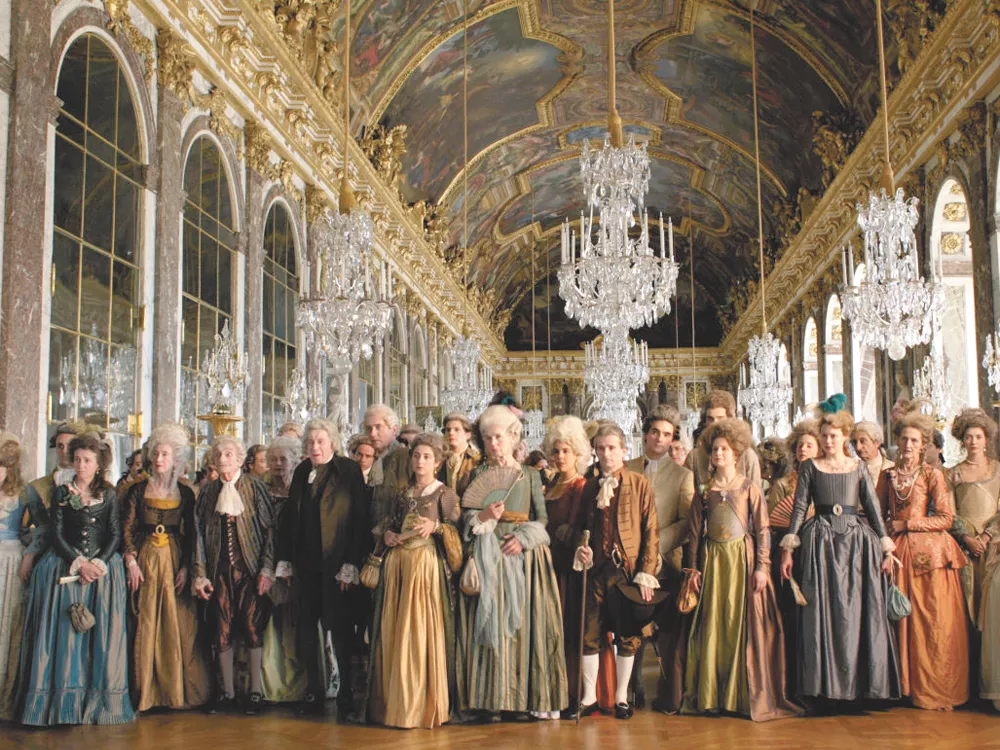Not the easiest world to negotiate, to be sure, but the upside was obvious: you weren’t a starving, filthy, normal French peasant, who suffered all of the mosquitoes and famine without any of the finery and occasional beef bourguignon.
But then the upside gets a lot less upside-y. On July 14, 1789, the rabble storms the Bastille and a flier begins circling that the great unwashed are coming to Versailles, looking to relieve a couple hundred nobles of their heads.
At the top of the decapitation list is Marie Antoinette, Queen of France and the boss of Sidonie Laborde (Léa Seydoux, the very definition of “coquettish”), after a fashion.
Sidonie is the Queen’s reader. Her only job is to pick a book to suit her majesty’s mood, and then read it to her. The job makes Sidonie feel purposeful and well-educated and higher class than many of the other servants. She most emphatically does not want to become the queen’s embroiderer, for example. It also affords the young girl a closeness with the queen that Sidonie begins to equate with (or mistake for) love.
Sidonie does not see the queen as the monster the peasantry does. As the situation at the palace becomes more dire, though, and revolution more imminent, it becomes clear that the affection the queen shows Sidonie is contingent, and fleeting.
Farewell, My Queen is like watching Marie Antoinette from a Remains of the Day point of view. As we hear the servants gossip about their rulers, we end up, in turn, learning about them. It’s an interesting and beautiful conceit, and the way news of revolution snakes its way from noble to servant and back again is fluid and graceful.
Sidonie, though, is not the character that James Stevens was in Remains. She doesn’t grow in the four days before the revolution as much as he grows in 40 years of service. We can’t expect her to, but that’s where Farewell falters. It’s less a story than a snapshot.
The picture it takes is beautiful — sometimes breathtaking — but there’s an entire world of experience that goes unexplored.
Sidonie seems to wish, as things crumble, that she had more time to spend with her queen. We wish, by the end, that we’d spent more time with both of them.






















